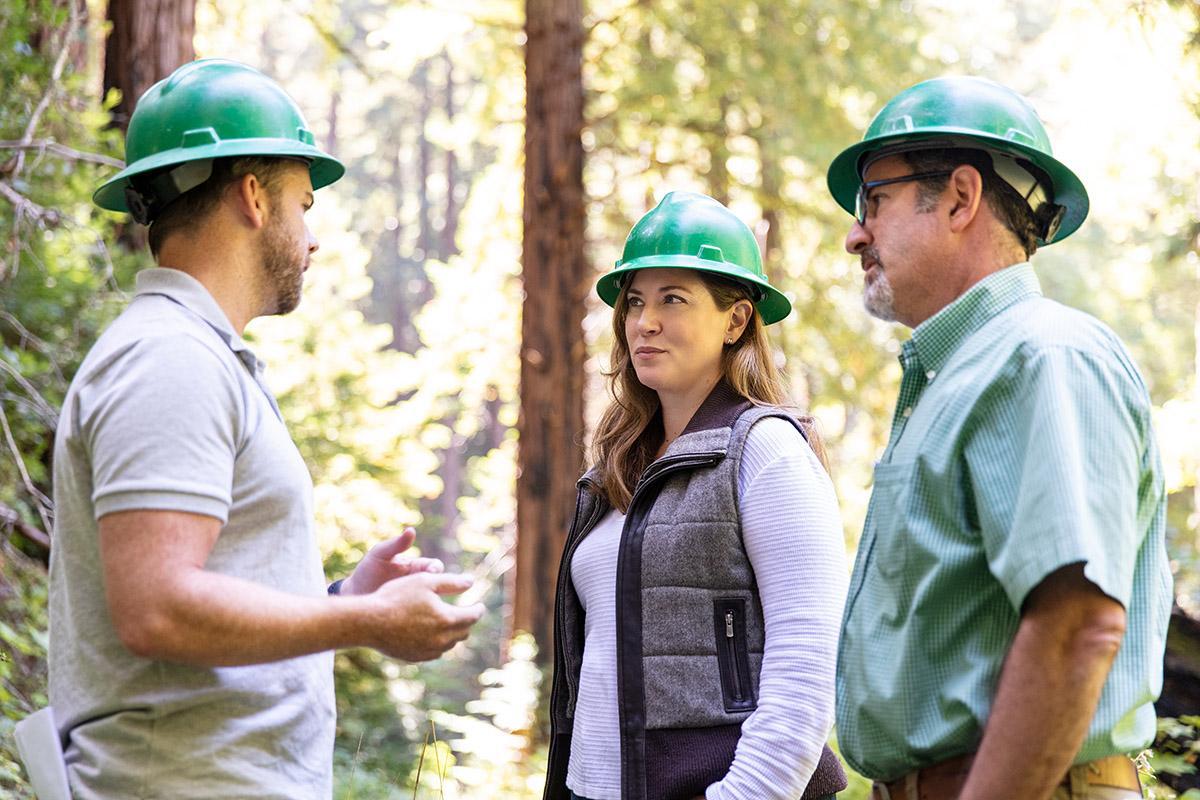Printing Can be More Sustainable Than You Think
HP's bold vision to protect the world’s forests through responsible consumption and forest management.
Everyone has seen the messages on the wall near the office printer or at the end of an email: "Think before you print," "Please consider the environment before printing," or "Save paper, save a tree." These messages spring from the conventional wisdom that using paper requires trees, so avoiding printing must be the more environmentally friendly choice.
But what if printing could actually help protect and grow forests?
While deforestation is still occurring in some places around the world for paper production, companies that source or make paper can actually benefit the world’s forests, thanks to new developments in forestry practices and corporate commitments to conservation. When people buy paper and paper products that are sourced from well-managed forests, their purchases can protect forests instead of depleting them.
“As human beings, even if we do everything we can to reduce our consumption, we are still impacting the Earth’s natural environment,” says Ellen Jackowski, global head of sustainability strategy and innovation at HP. “We will always need to consume, but we must innovate to consume responsibly in harmony with our planet.”
HP currently makes all of its paper with fibers from sources that don't contribute to deforestation; the majority of HP paper around the world is certified to Forest Stewardship Council (FSC) standards, the gold standard in forest management that protects people and nature. That decision is part of a much bigger vision — a forest positive future, in which companies that source raw material from forests account for their impact by not only contributing to forest health today, but helping to preserve forests for the future.
Today HP is announcing it is taking a huge leap forward to this future with longstanding partner and conservation leader World Wildlife Fund (WWF). Over the next five years, HP will contribute $11 million for WWF to restore part of Brazil's threatened Atlantic Forest and increase sustainable management of state-owned farms and forest plantations in China – ultimately protecting a combined area of 200,000 acres. HP’s partnership with WWF will support the development of science-based targets for forests, estimating carbon and nature co-benefits of forest restoration and improved forest management. The new initiative with WWF begins in November and marks the launch of HP’s Sustainable Forests Cooperative.
All HP-branded paper is already deforestation-free, and by 2020, the company is on track to achieve 100% zero-deforestation for all of its paper-based product packaging. These efforts and the partnership with WWF are supported by FSC and International Paper, one of the world’s largest paper manufacturers. The ultimate goal is to make printing with HP a catalyst for industry-wide support for FSC-certified and recycled fiber sourcing, while contributing to the restoration, protection, and improved management of the world’s forests.
Managing a healthy forest
Forests are essential to life on Earth. They provide homes for thousands of species. They produce oxygen, store carbon, and regulate global climate. And they support millions of people who depend on them for survival.
But along with clear-cutting for agriculture, demand for timber has fueled high rates of deforestation, threatening nearly half of the world’s forests. According to WWF, the planet is losing 18.7 million acres of forest each year — the equivalent of 27 soccer fields per minute. Recent fires in the Amazon rainforest and Indonesia and Africa have shown how the rate of deforestation has reached critical levels. Much of this is due to the fact that people cut the forest down to earn a living from things like soy or palm oil or beef. To counter this cycle, local communities need new ways to develop economically. By committing to purchasing FSC-certified fiber, HP is working to create incentives to keep forests intact and prevent deforestation.




